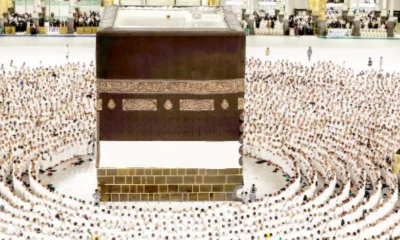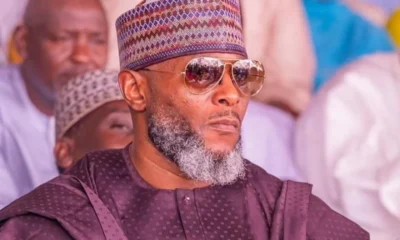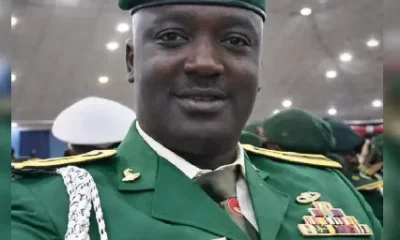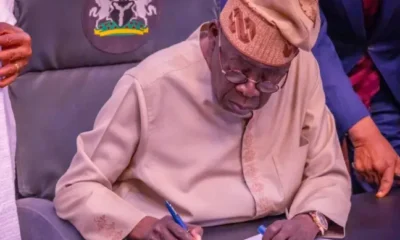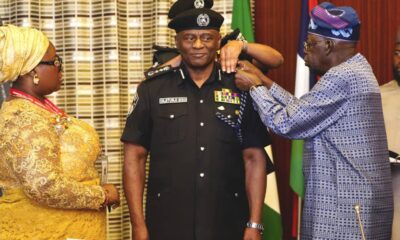Politics
Obasanjo’s 2007 declaration turned elections to battle — Jega
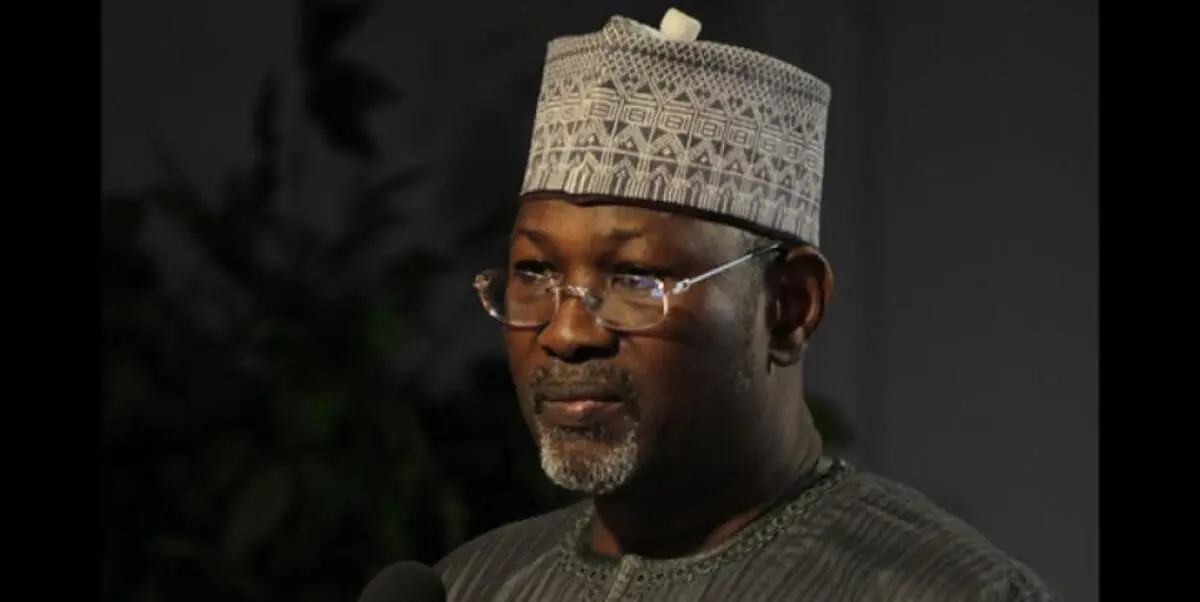
Former Chairman of the Independent National Electoral Commission (INEC), Prof. Attahiru Jega, has lamented that the desperation of Nigerian politicians continues to undermine the credibility of elections and threaten the nation’s democratic growth.
Jega, who spoke on Monday at the joint graduation ceremony of the National Institute for Legislative and Democratic Studies (NILDS) and the University of Benin in Abuja, said politicians’ “do-or-die” attitude towards elections has remained a major obstacle to credible polls in the country.
The former INEC boss, also a Professor of Political Science at Bayero University, Kano, expressed disappointment that 25 years after Nigeria’s return to civil rule, the country is still battling electoral malpractice, violence and lack of trust in the electoral process.
“When we see the desperation of these politicians, it is very clear, as former President Obasanjo said, that they engage with elections with a ‘do-or-die’ mentality. ‘We must win by whatever means are necessary,’” he said.
According to him, such behaviour has weakened public confidence in democracy and left the country “literally muddling through democratic development” since 1999.
Jega explained that while no election is perfect, the integrity of the process should always be strengthened through reforms, institutional capacity and ethical political conduct.
“No elections are perfect and none are likely to ever be. Electoral integrity is relative and measured as a continuum—from the extreme worst-case scenario to the ideal best-case scenario,” he stated.
He recalled that the dangerous trend of desperation in Nigerian politics became more pronounced in 2007 when former President Olusegun Obasanjo publicly declared elections a “do-or-die affair.”
“That declaration,” Jega noted, “captured the zero-sum mindset of many politicians who see elections as a battle to be won at all costs, often leading to violence, vote-buying, ballot snatching and prolonged court disputes.”
The former INEC chairman called for sustained reforms to improve the electoral process, stressing that credible elections remain the foundation of good governance.
“The credibility of elections has a direct correlation with the quality of representation and governance,” he added.
He urged political actors to embrace ethical conduct, strengthen institutions, and commit to building a democracy that truly reflects the will of the people.
-

 News15 hours ago
News15 hours agoUmrah Suffers Setback As Airlines Suspend Flights To S/Arabia
-

 Politics15 hours ago
Politics15 hours agoAtiku’s son resigns from Fintiri’s cabinet
-

 News15 hours ago
News15 hours agoMajor, 3 Soldiers, Hunter Killed In Borno
-

 News15 hours ago
News15 hours agoRevised Executive Order: FG adjusts oil revenue remittance framework
-

 Politics15 hours ago
Politics15 hours agoDSS arrests social media user who ‘threatened’ Peter Obi after Edo attack
-

 News15 hours ago
News15 hours agoPolice Council Confirms Disu As IG, To Be Sworn In Wednesday
-

 Business15 hours ago
Business15 hours agoPrivate jet flight from Riyadh to Europe now cost N479m as elites flee Middle East tensions – Report
-

 News15 hours ago
News15 hours agoVigilante, Wife, 12 Others Abducted In Kaduna



